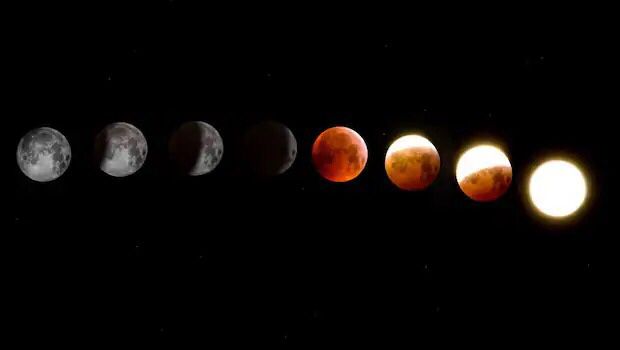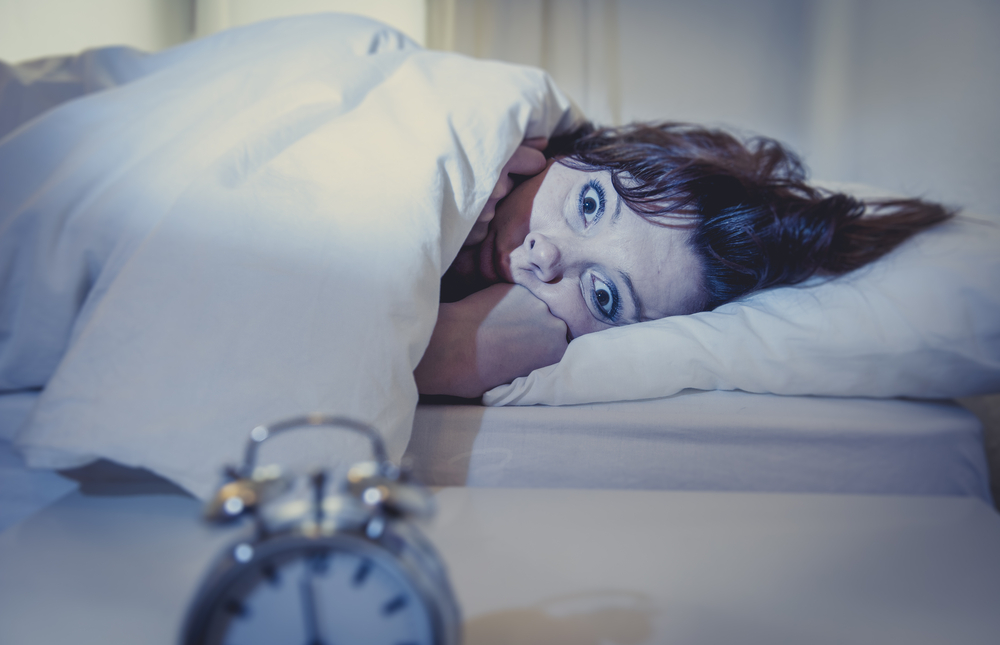Lunar Eclipse 2025: Common Myths About Food And Health To Beware Of

New Delhi | Sep 07, 2025 A spectacular total lunar eclipse, also known as a Blood Moon, is set to grace the skies on September 7–8, 2025. Visible across India and much of the world, this rare celestial event will last for nearly 82 minutes of totality, when the Moon will glow in a striking crimson shade. Unlike a solar eclipse, which requires special protective glasses, the lunar eclipse can be enjoyed safely with the naked eye. But while astronomy celebrates the science behind eclipses, traditions and folklore often paint a different picture. In India, lunar eclipses—locally called Chandra Grahan—are surrounded by numerous beliefs, especially regarding food, health, and daily activities. Let’s debunk some of the most common myths and separate fact from fiction. Myth 1: Eating Food During a Lunar Eclipse Is Unsafe One of the most widespread beliefs is that consuming food or water during a lunar eclipse can cause digestive issues or make the food “contaminated.” Some people even avoid cooking altogether until the eclipse ends. The truth? Science shows no link between eclipses and food safety. A lunar eclipse is simply Earth’s shadow falling on the Moon—it has no effect on our plates. Cooked meals don’t suddenly turn toxic, and water doesn’t become impure. So, if you’re hungry during the eclipse, feel free to eat without worry. Myth 2: Exercise Can Be Harmful During an Eclipse Another superstition suggests that exercising or doing physical activity during an eclipse could lead to injuries or accidents. Reality check: There’s no scientific evidence to support this. The eclipse won’t suddenly make you clumsy. As long as you stretch, run, or lift weights safely, your workout won’t be affected by the Moon’s shadow play. Myth 3: Eclipses Affect Mental Health It is often believed that lunar eclipses can trigger anxiety, sadness, mood swings, or even erratic behavior. Fact: While the Moon is sometimes linked to moods in popular culture, modern science confirms that eclipses have no direct psychological effects. If you feel emotional during the event, it’s more likely the awe of watching nature’s spectacle than any cosmic influence. Myth 4: Fasting Prevents Harm During a Lunar Eclipse In many traditions, people observe fasting during Chandra Grahan, believing it helps avoid bad luck or negative energy. Science says: Fasting during an eclipse is a cultural or spiritual choice, not a medical necessity. If fasting gives you comfort or aligns with your beliefs, you can observe it. But from a health standpoint, there’s no harm in eating a proper meal during the eclipse. Frequently Asked Questions (FAQs) 1. What are the superstitions about lunar eclipses in India? People often believe that food becomes impure, eclipses bring bad luck, or they signal disasters. None of these have scientific backing—it’s purely myth. 2. Can we eat non-vegetarian food during the eclipse? Yes. Some avoid meat due to tradition, but science shows no connection between eclipses and food safety. Eating non-veg items during a lunar eclipse is completely safe. 3. Do cooked foods get spoiled after a lunar eclipse? No. A lunar eclipse does not release toxins or alter the quality of food. Cooked meals remain perfectly fine before, during, and after the event. 4. Are there any side effects of Chandra Grahan on health? None. A lunar eclipse has no physical impact on human health. It’s simply a shadow play between the Earth, Sun, and Moon. 5. What should we not do during a lunar eclipse? The only mistake would be missing it! A lunar eclipse is a safe, rare, and stunning cosmic event. Watch the Blood Moon with your family, take photographs, and enjoy the view—it’s an astronomical feast for the eyes. The Takeaway The Lunar Eclipse 2025 is a celestial show, not a health hazard. The myths around food, fasting, and mental wellbeing have no scientific foundation. Instead of fear, approach this event with curiosity and wonder. Step outside, find a clear spot in the sky, and watch as the Moon turns a dramatic shade of red on the night of September 7, 2025. This eclipse is not just a spectacle—it’s a reminder of how science and culture often meet under the same sky. Lunar Eclipse 2025: Myths vs. Science The September 7 Blood Moon is more about beauty than superstition. Myths say food turns “impure” and moods change—but science proves otherwise. Lunar eclipses don’t affect health, food, or mental wellbeing. So let go of the old beliefs, step outside, and witness the Moon in its rare crimson glow.




